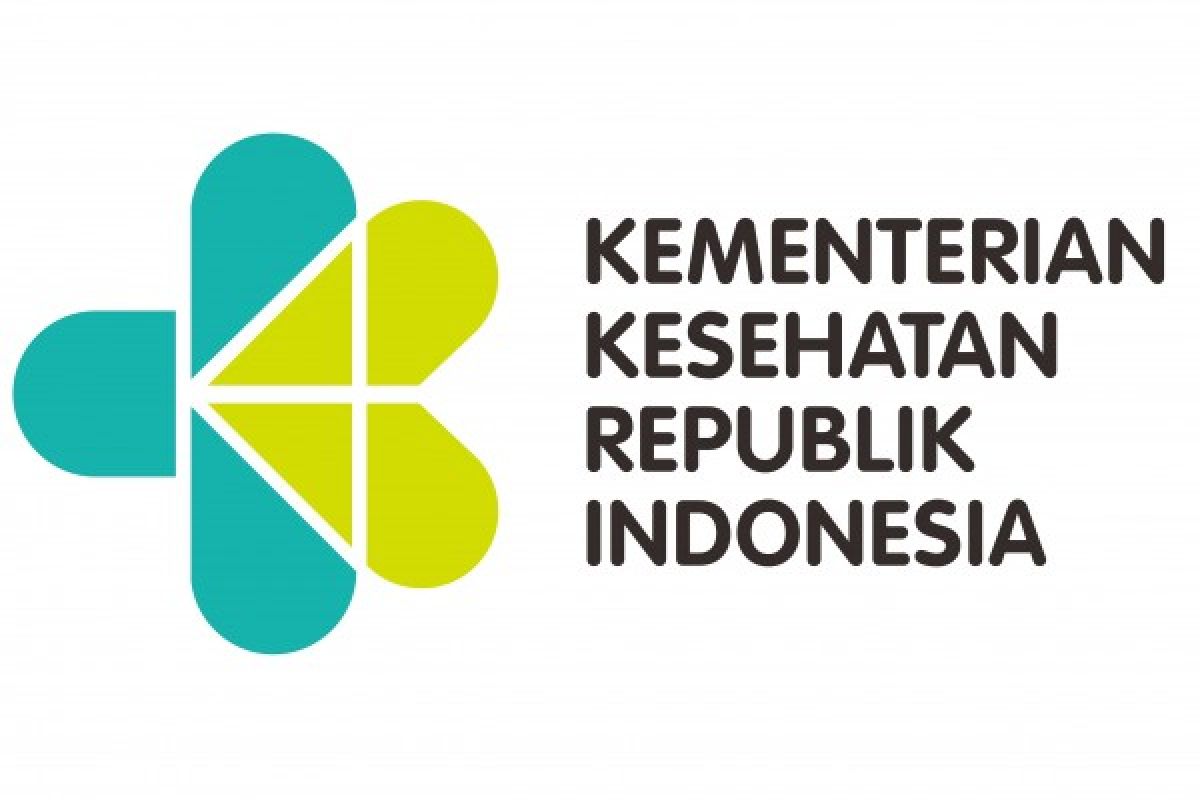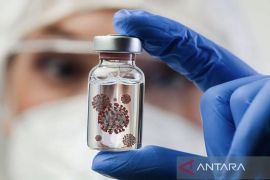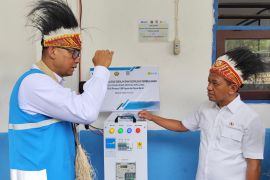"Collaboration and integrated actions among sectors and the society is needed to address health problems, especially the emerging infectious diseases," Head of the Research and Development Department of the Health Ministry, Siswanto, stated on the sideline of the 5th Global Health Security Agenda (GHSA) High-Level Ministerial Meeting held here on Tuesday.
According to Siswanto, almost two thirds of the emerging infectious disease are zoonotic disease.
"Regarding zoonotic disease, we already have an approach called `one health,` which focuses not only on human but also on three components, namely human, animals, and the environment," he revealed.
The animal could serve as a vector, such as mosquito, to spread the disease, or it could serve as a reservoir, such as bats or rats, to pass the disease from another source.
"As an emerging infectious disease, it would need a laboratory test to confirm whether or not it is sourced from an animal," he added.
Therefore, he continued that the authority would need to improve laboratories` capability to handle the disease.
Indonesia has some referral laboratories operated by the Health Ministry. Currently, the country has 9,930 development laboratories, 188 laboratories in local health offices, 2,750 hospital laboratories, and four health laboratories and national referral laboratories.
The 5th GHSA High-Level Ministerial Meeting held in Nusa Dua from Nov 6 to 8 focused on global cooperation on biosecurity and biosafety.
Biosecurity and biosafety played an important role in handling the emerging infectious diseases, especially regarding persons that handle the disease and the laboratory`s biosecurity to prevent the virus from escaping the lab, Siswanto explained.
Reporting by Desi Purnamawati
Editing by Sri Haryati
Reporter: Antara
Editor: Suharto
Copyright © ANTARA 2018












